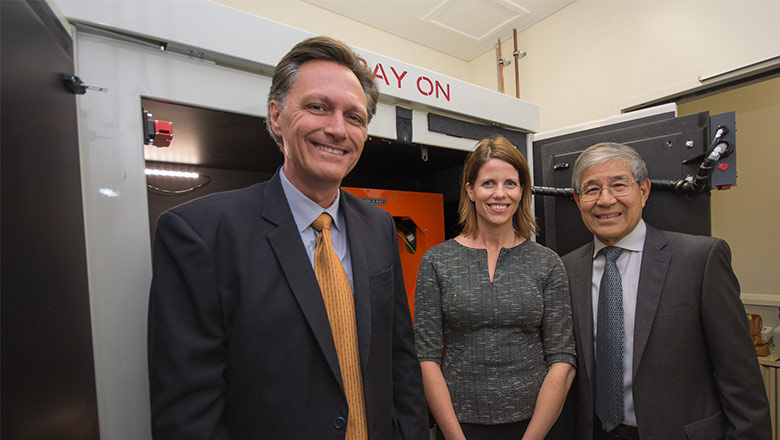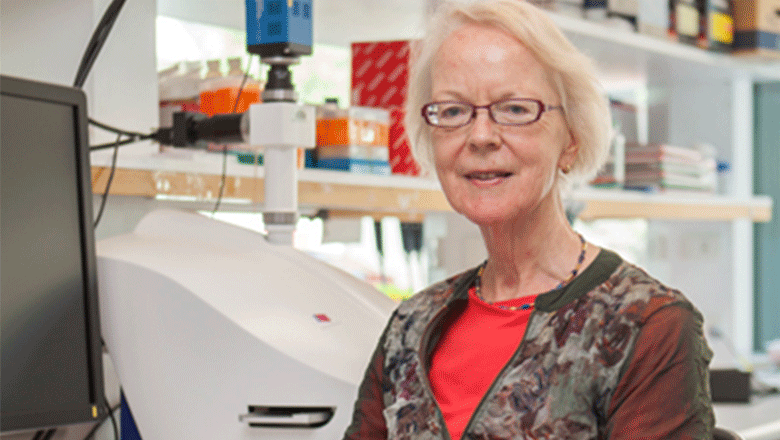Search

Leading child health researcher Professor Donna Cross has been appointed as Director of the new Early Childhood Development and Learning Collaboration, hosted b

On Monday May 30, The Kids Research Institute Australia held a free public seminar on vaccination, hearing from paediatricians and infectious disease researchers.

A new state-of-the-art X-RAD radiation platform - the first of its kind in Australia - has arrived in WA, allowing WA cancer researchers to access cutting edge

A $3.2 million grant from Lotterywest will allow the highly successful Consumer Involvement Program to be expanded to 18 other WA organisations.

The Kids Research Institute Australia researchers are offering a free nutrition and lifestyle program for plus sized mums and their babies who live in the Joondalup area.

Researchers at The Kids Research Institute Australia have discovered a new drug combination that could help improve survival rates for babies with leukaemia.

Three outstanding The Kids Research Institute Australia researchers have been named finalists in the 2016 Premier's Science Awards

Researchers will track the progress of 12,000 children from birth to age five to identify what services are valuable to families to support the health and wellb

As a child health researcher, I'm often asked by new Mums what's the best thing they can do for their babies? And my answer is always the same, breastfeed.

A The Kids Research Institute Australia researcher who is part of an international research project working to understand how our genes keep us healthy has been awarded an Au
